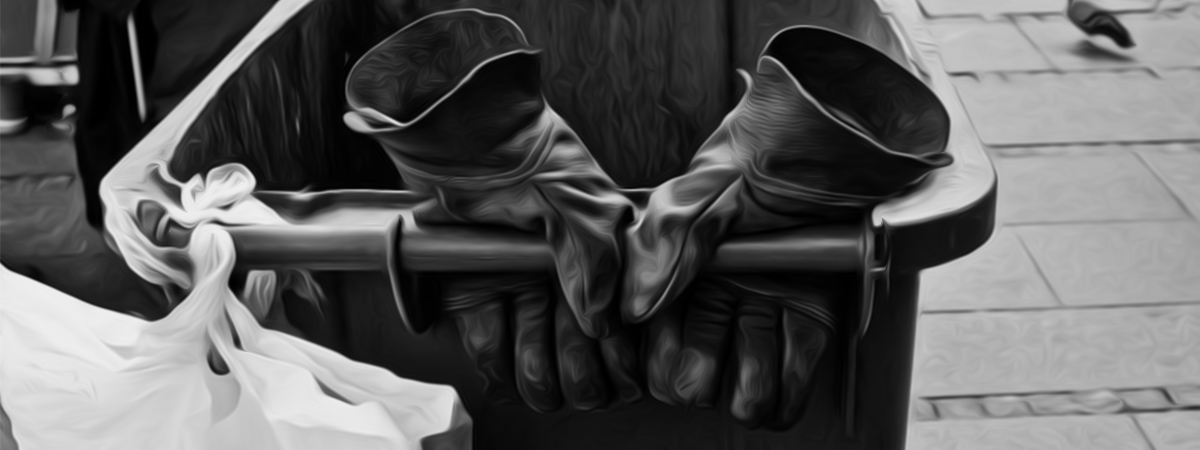Some people think that the hardest part about starting a business is taking the first step. In reality, that’s probably the easiest part. After taking that leap of faith, the years that follow are filled with the most brutal—and important—learning experiences imaginable.
My team and I returned to Boulder two weeks ago. We launched Aunt Bertha’s Human Services Search Platform in the great State of Colorado—a full two years and two months after we went through the 2012 Institute. I spent six weeks there and I vividly remember my final speech at the Unreasonable Climax. I was so congested before that speech that—while waiting behind the curtains for my turn—I would have to clear my sinuses to keep myself from throwing up every time I heard the applause. Can nerves lead to congestion? Yes (caveat: I am not a doctor).
Last night I began to reflect on the biggest lessons learned since my time at Unreasonable Institute and, through much internal debate, I have narrowed it down to three.
Nobody will come save you. It’s up to you and only you—the founder—to figure out how to make your startup work. Tweet This Quote
Superman isn’t coming.
If you haven’t seen the film “Waiting for Superman,” go see it. The documentary highlights Geoffrey Canada’s efforts to reform the public school system in New York City. For me, the most inspiring part of the movie was when Canada famously talked about Superman: “Superman isn’t real… there [is] no one coming with enough power to save us.”
The same is true for startups.“Once I get my product up and running, I’ll get noticed and go viral and then everything will get easier,” we tell ourselves, or “once I get a few Angel investors, we should be fine.” After Unreasonable Institute’s 2012 Investor Days event, I met three of our first four angel investors. They invested a few months after that—they continue to be great mentors. But after we raised that first $100,000 the troubles didn’t go away—an investment didn’t all of a sudden build a solvent business.
Nobody will come save you. It’s up to you and only you—the founder—to figure out how to make your startup work.
Discover new layers of patience.
In a speech given at the 2014 Aspen Ideas Festival, David Brooks—op-ed columnist and author—cited a 1950’s theologian, named Paul Tillich, to describe the depth people find in suffering. Brooks states that,
Working on big problems requires a level of patience that I couldn’t have imagined when first starting a company. Your patience will be tested. You will have a sure-thing contract—one that can put you on the map—drag on for 10 months longer than you thought—to the point you are worn out just thinking about it. You will have competing interests spread rumors about you. You may even have a team member lose faith in you—that’s the toughest pill to swallow.
I believe the point Brooks was trying to make was that deep underneath those cavities you find that patience. You find faith. And that patience and faith allows you to see beautiful things, even for brief moments. You will have a prominent professor genuinely thank you for what you’ve built. You will have a social worker that serves the homeless give you a high-five at your booth at an outreach event thanking you for what you built. You will experience the true joy of watching in awe as someone on your team discovers a truly brilliant insight—as a manager, there is no better feeling in the world than that one.
Whether you’re successful or not, it really doesn’t matter.
Enjoy, but don’t get too hopped up on the “pat me on the head” phase of a startup. You all have heard it: “Bless your heart,” and “I’m so glad you’re doing what you’re doing,” or “the world needs more people like you.” You’re going to hear that quite a bit. And it may get you into a great conference or an amazing fellowship program. But the reality is that nobody really cares. Don’t drink the kool-aid.
Over the past four years I’ve spent a lot nights up late, just programming. And every now and then, I’d watch my favorite movie: Friday Night Lights. There is one conversation that usually lifted my head up away from the computer.
Mike Winchell, the star quarterback in the movie, asked his coach, “you ever feel cursed, Coach? Like, no matter what, inside your heart you feel that you’re gonna lose… I feel like that all the time. Even when things are going good. When we’re winnin’, it’s there. And when we’re losin’, it’s there.” And Coach Gary Gaines responded, “it took me a long time to realize that, uh, there ain’t much difference between winnin’ and losin’, except for how the outside world treats you. But inside you, it’s about all the same. It really is. Fact of the matter is, I believe that, uh, our only curses are the ones that are self-imposed. You know what I’m sayin’? We, all of us, dig our own holes.”
Two years and two months ago I was worried about giving a good speech in hopes that I’d be discovered on that stage in Boulder. I was waiting for Superman.
We spend so much time as entrepreneurs trying to impress people: customers, investors or media—people in some sort of powerful position. We wait for their approval. Their nod. A pat on the back. At the end of the day, the pats on the back and nods of those in a perceived powerful position don’t matter. What matters is the high five you get from a social worker at a conference that uses your software every day to help the homeless. What matters is the moment when someone on your team discovers something big and you can see the excitement in their eyes when they tell you about it.



